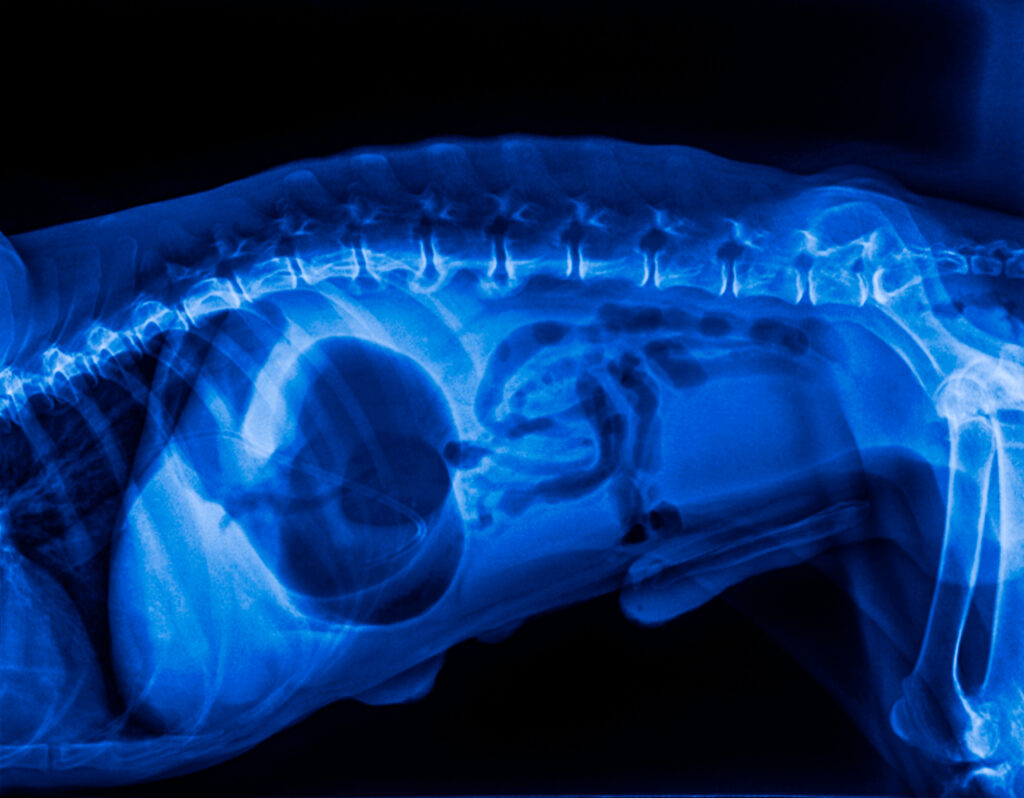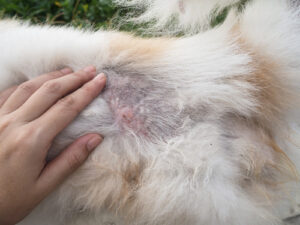If you’re a dog owner, understanding the risk of bloat and how canine gastropexy can help is key to your dog’s health. This condition, while not exceedingly common, can be life-threatening if it occurs, so it’s critical to know the signs. In this article, we’re going to explore what bloat is, why it’s a concern, and how canine gastropexy can be a lifesaving procedure. Contact Arvada Veterinary Hospital in Arvada, Colorado, at (303) 424-4439 for more details or to schedule an appointment.
What is Bloat?
Bloat, or gastric dilatation-volvulus (GDV), is a serious condition that happens when a dog’s stomach fills with gas, fluid, or food and then twists over on itself. This twist can block blood flow and cause a dangerous buildup of gas in the stomach. It’s a scary situation that can happen quickly and it requires immediate medical attention. Large breed dogs with deep chests are more at risk, but bloat can happen to any dog.
Signs Your Dog May Have Bloat
- Swollen, Hard Abdomen: The most noticeable symptom is a swollen belly. It may feel hard to the touch. This swelling is due to the stomach filling with gas, fluid, or food, causing it to expand.
- Unsuccessful Vomiting or Gagging: Dogs with bloat often try to vomit, but nothing comes up except maybe foam or saliva. This attempt at vomiting usually happens repeatedly and may appear as if your dog is gagging or retching.
- Restlessness and Pacing: A dog experiencing bloat may seem anxious and unable to get comfortable. You might notice them pacing back and forth or having difficulty settling down. This restlessness is due to the discomfort and pain they are experiencing.
- Rapid Breathing or Panting: Difficulty breathing or rapid breathing can occur. This happens because the bloated stomach pushes against the diaphragm, making it hard for the dog to breathe comfortably.
- Whining or Signs of Pain: Dogs with bloat may whine or show signs of pain when their abdomen is touched. They might also have a general look of distress.
- Weakness or Collapse: In severe cases, the dog may become weak, lethargic, or even collapse.
- Pale Gums or Tongue: The gums may appear pale or white. This color change can indicate poor blood circulation, a side effect of the stomach’s pressure on major blood vessels.
- Increased Heart Rate: The dog’s heart rate may increase as their body tries to cope with the condition.
- Drooling: Excessive drooling can occur, which is often a sign of nausea or discomfort.
- Cold Body Temperature: In later stages, the dog’s extremities may feel cold to the touch due to poor blood circulation.
- Looking at Their Belly: Some dogs might look at their belly or try to get to it, indicating that they are uncomfortable.
Why Canine Gastropexy is a Lifesaver
Canine gastropexy is a surgical procedure that can prevent stomach twisting, which is the most dangerous part of bloat. During this surgery, a vet carefully attaches the dog’s stomach to the side of the abdominal wall. This stops the stomach from twisting in the future. It’s often done when a dog is already under anesthesia for another surgery, like spaying or neutering.
What Causes Bloat in Dogs?
Certain factors can increase a dog’s risk of bloat. These include being a large breed with a deep chest, eating too quickly, running around and playing right after eating, having one large meal a day, and older age. Being aware of these risk factors can help you take steps to reduce your dog’s chances of developing bloat.
Preventive Measures Against Bloat
While canine gastropexy is an effective way to prevent bloat, there are other steps you can take. Feeding your dog smaller meals more often and using slow feeder bowls can help. Also, avoid vigorous exercise right after eating. Keeping your dog at a healthy weight and monitoring their eating habits can also make a difference.
Should You Consider Canine Gastropexy for Your Dog?
Deciding to have your dog undergo canine gastropexy is a big decision. If your dog is at high risk for bloat, this surgery could be a lifesaving choice. Talk to our team at Arvada Veterinary Hospital to understand the procedure, its benefits, and if it’s right for your dog.
At Arvada Veterinary Hospital, we’re committed to supporting your pet’s health and happiness. If you’re concerned about bloat and interested in canine gastropexy for your pet, we’re here to help. Give us a call at (303) 424-4439 to talk about your dog’s health needs or to schedule an appointment.





